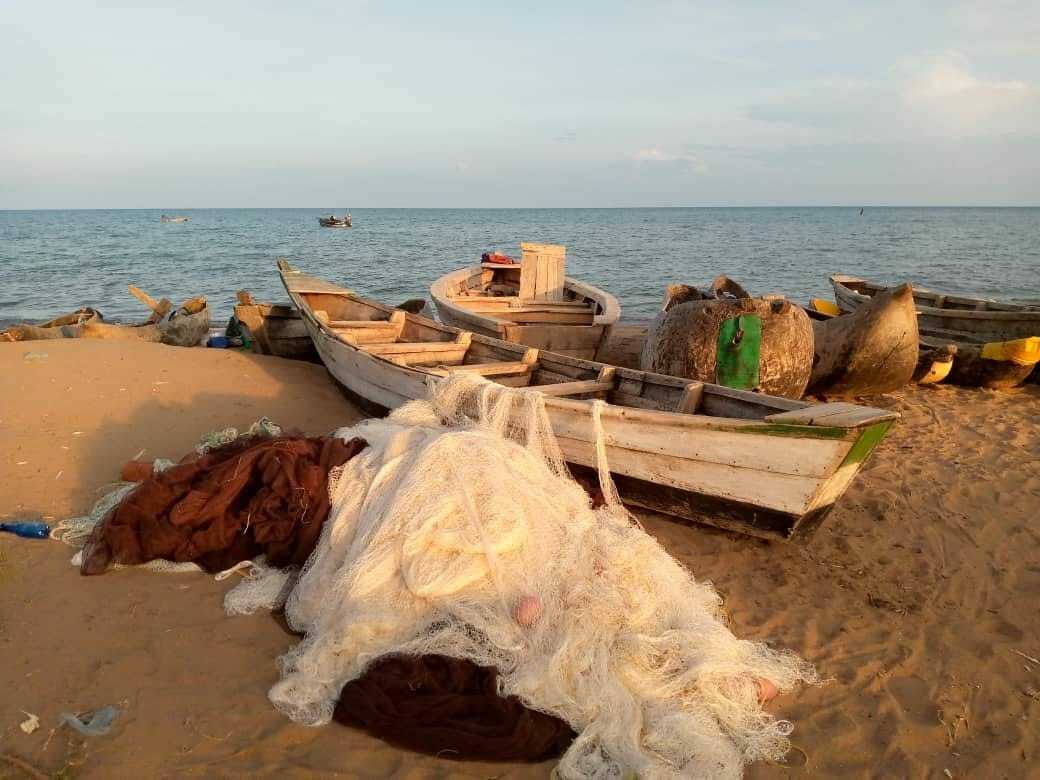
Malawi-Karonga District Hospital (KDH) is facing a major challenge of TB defaulters among fishermen who move to different areas, thereby contributing to challenges in the treatment and care of patients diagnosed with the disease, writes Wezzie Mwangonde.
According to KDH TB Officer Samson Chitsulo, some fishermen on TB treatment move to other places within or outside the district without notifying health personnel at their TB treatment centres, especially under Kasowa Health Centre and Chilumba Rural Hospital facilities, where these behaviours among fishermen are very common.
Chitsulo says this is a major challenge contributing to the treatment and care of TB patients in the district because, since 2022, three fishermen from Kasowa Health Centre and two from Chilumba Rural Hospital cannot be traced to health personnel because they provided false addresses, and their phones are out of reach.
“Defaulting among fishermen is a major challenge that we are facing a District Hospital, especially at Kasowa Health Centre and Chilumba Rural Hospital, hence a contributing factor to challenges in treatment and care for TB patients," said Chitsulo.
The challenge started in 2020 when five fishermen defaulted on treatment under the Chilumba Rural Hospital facility, but due to collaboration between TB volunteers, Health Surveillance Assistants (HSA’s), and community members, they have managed to trace three patients who are now continuing with treatment, while two others cannot be tracked.
Kasowa Health Centre TB officer, Albert Mwanyongo, has described the challenges of defaulting TB treatment among fishermen in the district as negligence of access to quality health services because health personnel are always available to provide treatment and care to reduce these cases in the country.
To avoid challenges from TB defaulters, Mwanyongo suggests that the MOH should start monitoring TB patients who are on treatment while on admission at health facilities or district hospitals for a period of two months, as it was at first.
“TB patients should be observed closely by health personnel for a period of two months while on admission to avoid the challenges of defaulting, especially for these patients when they go back home while on treatment. It is very easy to spread the disease because a large number of people sleep in one room," explained Mwanyongo.
Dr Tisungune Mwenyenkulu, National Tuberculosis and Leprosy Elimination Programme Research, Care, and Treatment Officer, has urged health personnel in Karonga district to continue patient follow-ups in collaboration with HSAs and community leaders.
Mwenyekulu has also encouraged continuous civic education for TB patients and their guardians so that patients understand the importance of finalizing the treatment and the negative impact of defaulting on it.
Karonga registered 289 cases of TB in 2022 and 205 cases in 2021.
During a State of the Nation Address earlier this month, President Lazarus McCarthy Chakwera told Malawians that there has been a reduction of TB cases from 141 per 100,000 cases in 2020 to 132 per 100,000 cases in 2022, which indicates that the treatment success rate has increased from 88% to 90% in the country.